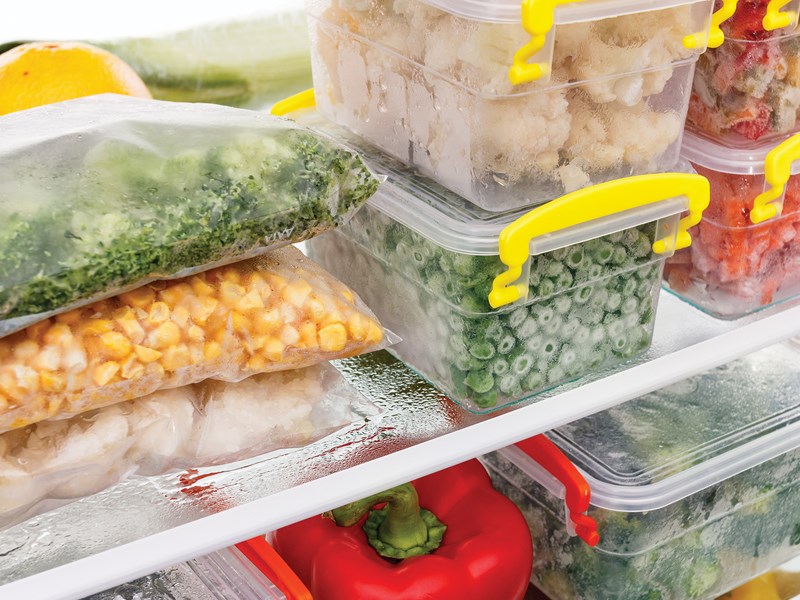It is time for an honest survey of your fridge and compost bucket. As a nation, approximately 40 per cent of food grown for human consumption finds its way to the trash or compost pile unnecessarily. While significant wastage occurs at the agricultural level and grocery stores, much of it happens in our homes.
Beyond the cost to your wallet is the cost to the planet. Resources required to transport a banana to your fruit basket to become a fruit-fly habitat are considerable.
It all starts at the farm, where human labour, fertilizer and copious amounts of water, not to mention pesticides, are consumed. Transportation, marketing and refrigeration are then required to deliver fresh food to our plates.
When we add the reality of food insecurity in our nation, it can motivate us to consider changing some simple habits to reduce our contribution to this global issue.
Here are our top tips for avoiding food waste:
Create an “eat me first” shelf in your fridge for food about to go off.
Plan meals after scanning what is already in your pantry.
Eat before you shop to avoid over-purchasing.
Create a grocery list.
Consider shopping for so-called “deals” carefully. Will you really eat all that cereal before it goes stale?
Learn easy tricks to keep food fresh longer. Parsley and celery, for instance, stay fresh longer in a cup of water rather than in a plastic bag. Learn more by searching “residential food waste reduction tools” at gov.bc.ca.
Freeze or dehydrate food that is about to go off.
Prevent grocery store food waste by buying slightly damaged or misshaped vegetables and fruit. You will often receive a discount as well.
It is a new year, so reducing food waste is a great new habit to create. Some simple changes can save about 10 per cent on food bills while honouring the efforts it took to grow the food in the first place.
Let’s Talk Trash is Powell River Regional District’s waste-management education program.



